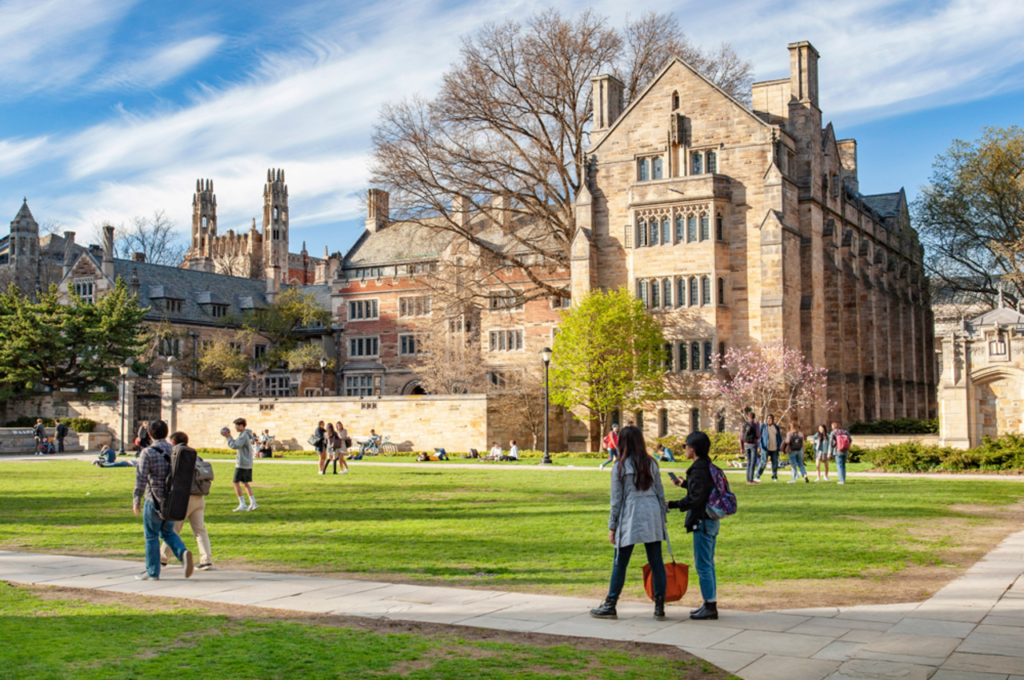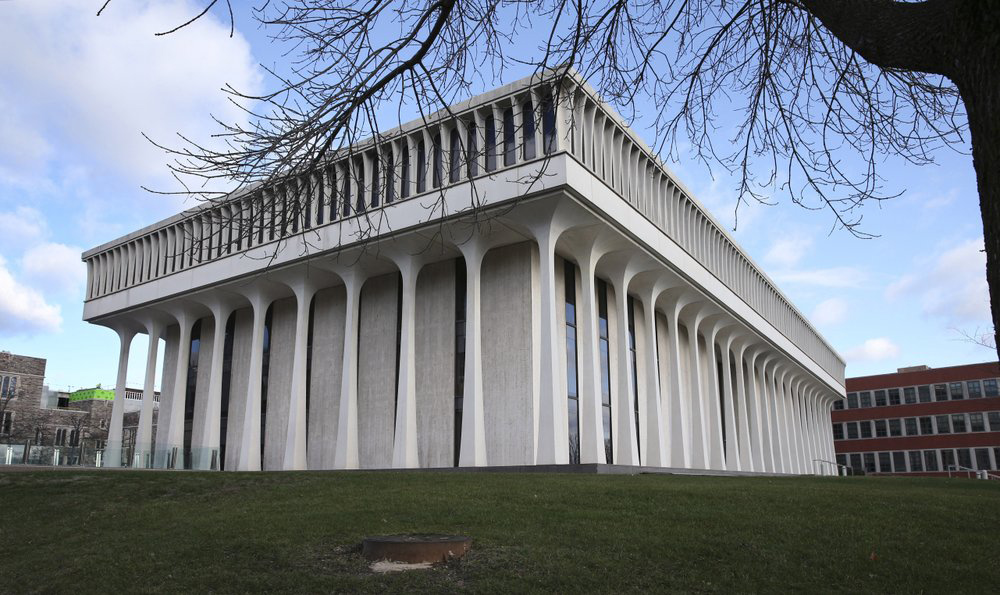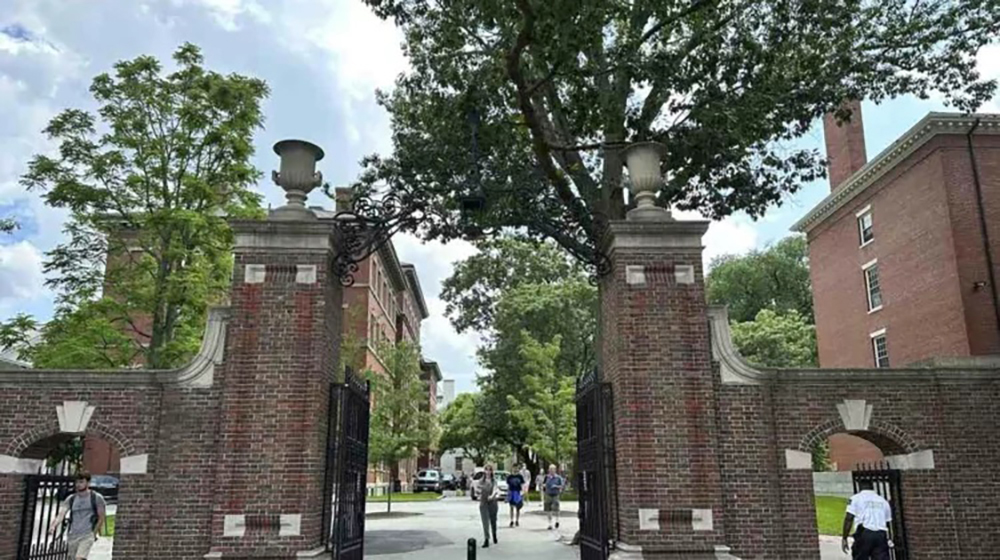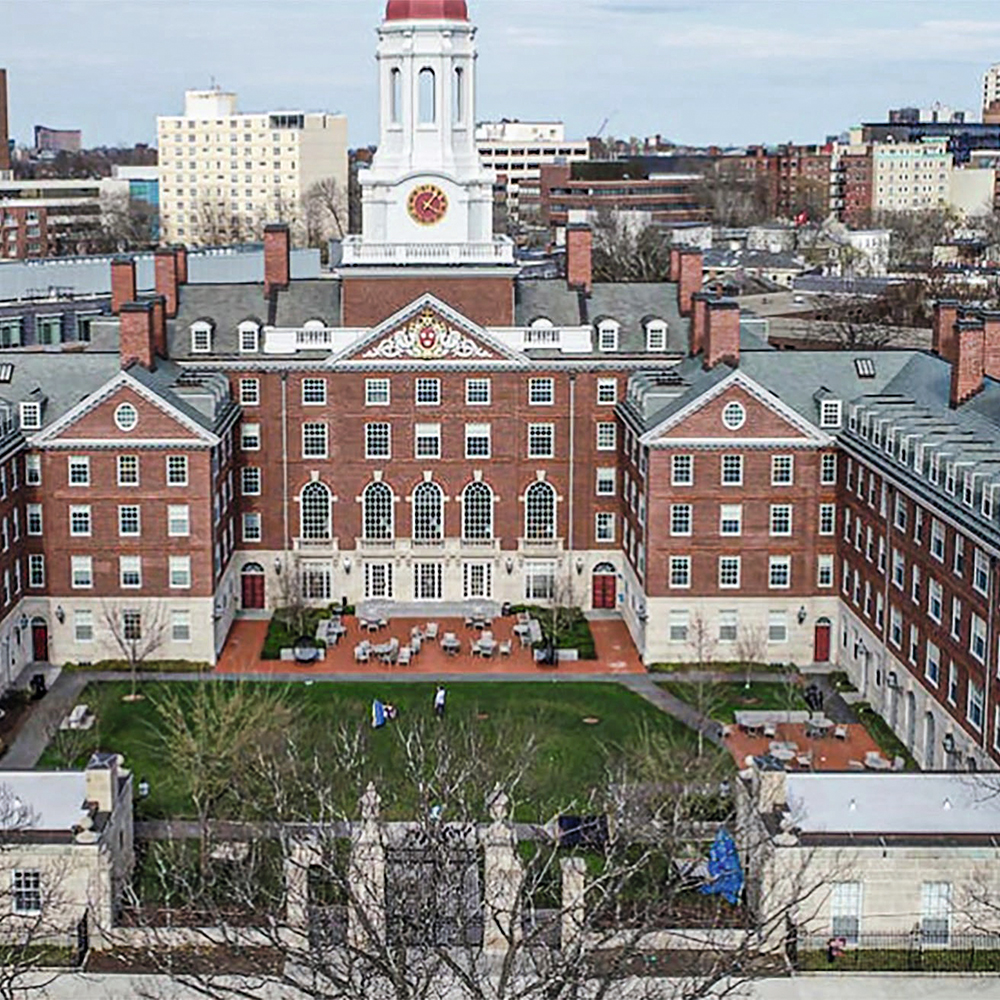|
Getting your Trinity Audio player ready...
|
Edited by: TJVNews.com
For decades, a degree from an Ivy League or similarly prestigious institution was considered the ultimate ticket to success, opening doors to lucrative careers and high-profile opportunities. However, as The Wall Street Journal reports, perceptions of elite academic credentials are shifting. In some cases, these degrees are not just being questioned—they are becoming a disadvantage for job seekers.
At CG Financial Group in Johnston, Iowa, CEO Charlie Gipple has made a bold statement about his hiring practices. For Gipple, academic credentials from top-tier schools like Harvard, Yale, or Princeton no longer carry the weight they once did. Instead, they might even disqualify a candidate.

“If I were hiring somebody to be my right-hand person today, there’s not a chance in hell it would be an Ivy League person,” Gipple told The Wall Street Journal. Having worked with many graduates of elite institutions during his tenure at MetLife and ING Groep, Gipple says he’s noticed a troubling pattern: a reliance on textbook approaches rather than real-world problem-solving. A graduate of the University of Northern Iowa himself, Gipple emphasizes practical, down-to-earth skills over prestige.
This sentiment reflects a growing skepticism toward elite college degrees in certain industries. Once a springboard to the top of the résumé pile, such credentials are increasingly viewed with suspicion or even disdain, particularly in fields that value practical experience and interpersonal skills.
The shift in perception is not limited to Gipple’s firm. Across various sectors, some hiring managers now see degrees from elite institutions as potential red flags. This trend was starkly highlighted in May when a group of 13 federal judges signed a letter stating they would not hire law clerks who enrolled at Columbia Law School this fall, The Wall Street Journal reported. Their decision stemmed from dissatisfaction with how the school handled campus protests. Columbia, in response, defended its graduates’ employability, asserting that they are consistently sought after by top employers.
Even graduates themselves are noticing the change. Many who attended institutions like Harvard, Stanford, or the University of Chicago report encountering skepticism or even outright hostility. As The Wall Street Journal report noted, snide remarks about such schools being “woke” or “elitist” have become increasingly common.
The recent erosion of trust in elite institutions has been exacerbated by revelations from a landmark Supreme Court case that ended affirmative action in college admissions. Evidence presented during the case showed that 43% of accepted white applicants at Harvard were recruited athletes or children of alumni, donors, faculty, or staff. These revelations have fueled criticism that elite schools prioritize legacy and privilege over merit.
Bryan Mark Rigg, president of Rigg Wealth Management in Dallas, shared his evolving perspective with The Wall Street Journal. As a Yale graduate, Rigg once found his degree universally respected by clients and colleagues. Now, he encounters mixed reactions. In his view, diversity, equity, and inclusion initiatives at elite schools have “gone too far,” and he believes that anti-Jewish bias has become a significant issue on some campuses, citing recent protests against Israel amid the war in Gaza.
The backlash against elite colleges reflects a broader cultural shift in how society values education and evaluates talent. Indicated in The Wall Street Journal report, employers such as Gipple prioritize skills, adaptability, and a grounded approach over academic pedigree. For others, discontent with elite institutions is tied to perceptions of political or cultural bias.

At the same time, the intense scrutiny of college admissions and campus policies has amplified questions about fairness and equity in higher education. Critics argue that elite schools have lost their way, focusing more on fostering ideological agendas than preparing students for the workforce.
For recent graduates of Ivy League and similarly prestigious institutions, the changing perceptions present new challenges. The once-certain cachet of an elite degree now comes with caveats. The report in The Wall Street Journal said that graduates must be prepared to demonstrate not just their academic achievements but also their practical skills, emotional intelligence, and ability to navigate real-world challenges.
While degrees from prestigious universities still carry weight in many fields, the backlash described by The Wall Street Journal is a reminder that perceptions of higher education are evolving. Employers are increasingly looking beyond institutional prestige to assess whether candidates can meet the demands of modern workplaces.
This sentiment is echoed on the national stage. President-elect Donald Trump, himself a graduate of the University of Pennsylvania’s Wharton School, selected Ohio Senator JD Vance as his running mate despite Vance’s outspoken criticism of selective colleges, according to the information provided in The Wall Street Journal report. Vance, a Yale Law School alumnus, has publicly lambasted elite universities for what he perceives as their disconnect from everyday American values.
Karen Berman, a Harvard and Wharton alumna, exemplifies the complicated relationship many graduates now have with their alma maters. Raised in a working-class family and driven by perseverance, Berman’s Ivy League pedigree once symbolized opportunity and success. Today, she questions whether these institutions are fostering the critical-thinking skills and open dialogue that once defined them.

An internal report from Harvard last month revealed that roughly half of professors and students fear expressing their views on controversial issues. This chilling effect on free speech has landed Harvard and similar institutions near the bottom of free-speech rankings, raising questions about their commitment to academic freedom. “What should I do—take it off my résumé?” Berman asked rhetorically when discussing her credentials with The Wall Street Journal. While the advantages of an Ivy League education remain significant, the erosion of open debate has diminished the shine of her degrees.
Despite the cultural pushback, the professional value of elite university credentials is far from obsolete. Alumni networks, prestige, and access to top-tier employers continue to make Ivy League diplomas a prized asset. The Wall Street Journal report also said that hedge-fund billionaire Bill Ackman, a vocal critic of these institutions, acknowledges the enduring benefits of alumni networks and connections. Meanwhile, blue-chip consulting firms and financial institutions still recruit heavily from what they call “target schools.”
Keith Bevans, head of consultant recruiting at Bain & Co., highlighted a growing challenge for firms relying on elite universities for talent: there simply aren’t enough graduates to meet demand. Bain has responded by broadening its search, introducing measures like Zoom interviews where candidates’ university affiliations are anonymized. “You’re purely judged on the merits of how you did in the interview, not my preconceived notions of how many people I should expect to like on a certain campus,” Bevans explained to The Wall Street Journal.
This shift reflects a deeper reassessment of what matters most in hiring decisions. Instead of assuming that an Ivy League pedigree equates to competence, companies are turning to innovative tools and broader recruiting strategies to find exceptional candidates.
Paradoxically, criticism of elite institutions has not dampened the demand for admission. As The Wall Street Journal report highlighted, the market for college admissions consulting is booming, with some families spending tens of thousands of dollars to secure a spot at top-tier universities. This speaks to the enduring allure of the Ivy League brand, even as its societal cachet faces challenges.
McKinsey & Co. has taken an innovative approach to recruitment, using a problem-solving game called “Solve” to evaluate candidates. The game assesses critical thinking and creativity, providing insights into skills that may not be reflected on a résumé. This method helps weed out candidates whose credentials might outshine their abilities while uncovering hidden gems from less-known institutions.
As The Wall Street Journal reported, McKinsey’s latest cohort of business analysts includes graduates from schools like Grinnell College in Iowa and Santa Clara University, which admit a significant portion of their applicants. Blair Ciesil, a partner co-leading McKinsey’s recruiting, pointed out that the rise of grade inflation and the de-emphasis of standardized test scores at elite colleges have made traditional markers of academic achievement less reliable. “About 80% of the grades awarded to Yale undergrads in recent years have been an A or A minus,” she noted.
The “Solve” game has earned a compelling analogy to the movie Good Will Hunting, where a janitor at MIT is revealed to be a mathematical genius. “Wouldn’t we be lucky to find our Matt Damon through the test?” Ciesil remarked to The Wall Street Journal.
For some employers, the skepticism of elite universities goes even further. New York real estate attorney Adam Leitman Bailey has a firm policy: he does not hire recent Ivy League graduates. Bailey, a graduate of Syracuse University, believes that many top-tier students rely on connections rather than talent and hard work to advance. Instead, he prefers to hire from less prestigious schools, valuing the grit and determination required to excel in competitive environments.
“It’s wonderful that we have these incredible institutions like Harvard and Yale, who produce presidents and leaders and big thinkers,” Bailey told The Wall Street Journal. “But that’s not what I do for a living, and it’s not the type of lawyer I need.”
Bailey’s stance is bolstered by changes in how some top law schools, including Harvard and Yale, evaluate students. The absence of traditional grading systems and class rankings, which aim to reduce academic pressure, can make it harder for employers to assess candidates’ performance objectively. For Bailey, this lack of transparency is another reason to prioritize graduates from schools with more rigorous evaluation systems.
The evolving approach to hiring signals a cultural shift in how talent is defined and valued. While Ivy League graduates still benefit from powerful alumni networks and the prestige associated with their institutions, companies like Bain and McKinsey are demonstrating that success isn’t solely confined to elite campuses.
Broadening the talent pool also addresses practical concerns. As The Wall Street Journal highlighted, elite universities do not produce enough graduates to meet the hiring needs of large firms. By considering candidates from diverse educational backgrounds, companies can tap into a wider range of skills, experiences, and perspectives.
Despite these changes, the allure of elite universities persists. The booming market for college admissions consulting, which can cost families tens of thousands of dollars annually, underscores the enduring perception of these schools as gateways to success. However, as employers increasingly prioritize skills, creativity, and resilience, the mystique of an Ivy League degree is beginning to wane.
In the long run, this shift could have significant implications for higher education. If employers continue to de-emphasize brand-name credentials, universities may face pressure to reevaluate their admissions policies, grading practices, and overall value propositions.





Its about time these Universities get called out for the junk and useless trash they are teaching. I would pull all federal funding for any institution that supports anti-semitism. I don’t understand why there are still “jewish” people who support these woke and idiotic racist institutions.